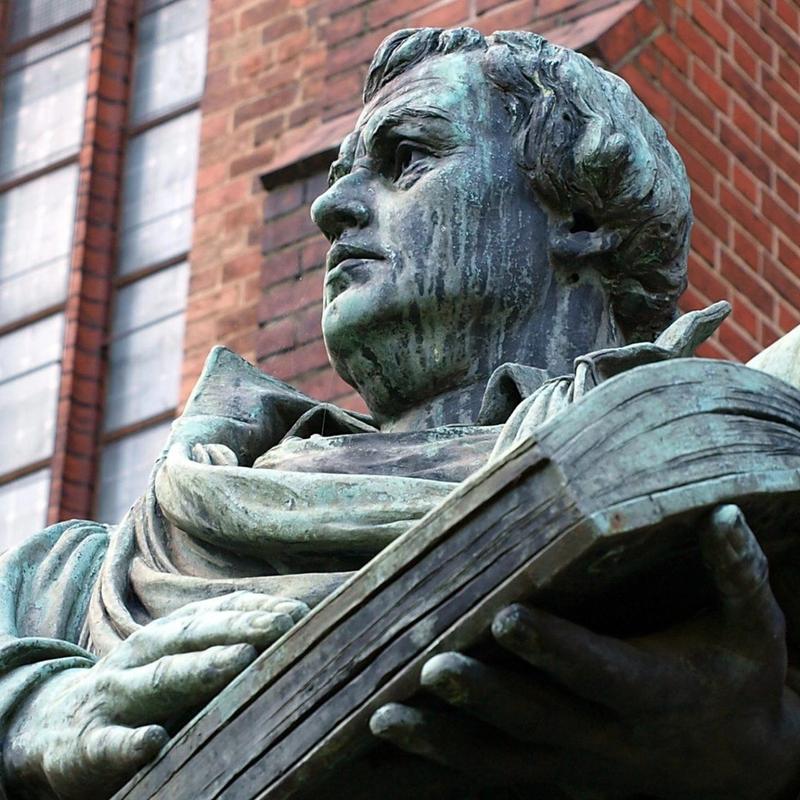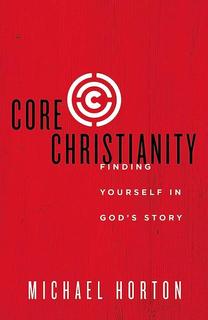Editor’s Note: This new release (July 25, 2017) by NYU Press delves into the ancient debate regarding the nature and purpose of the sacraments, which has elicited a lively discussion among theologians. In this extremely cohesive and well-crafted volume, a group of renowned scholars map the theologies of sacraments offered by key Christian figures from the early church through the twenty-first century.
As the movement’s name suggests, the Reformation was not a revolution; no attempt was made to start from scratch, with simple negations of medieval teaching. Differences were due chiefly to the implications drawn from other key tenets.
At the head of these evangelical tenets was the belief that sinners are justified by grace alone, through faith alone, in Christ alone. In the medieval understanding, “created” grace is a substance infused into the sinner to bring spiritual and moral healing.[1] A sacrament “makes people holy.”[2] Thus, “only those are called sacraments which signify the perfection of holiness in man.”[3]
According to the Council of Trent (1545-63), the first justification in baptism eradicates original sin and through cooperation with God’s grace, the believer merits an increase in grace in the hope of final justification.[4] If one does not put an obstacle in its path, the sacraments confer grace ex opere operato (“by doing it, it is done”).[5] Trent’s canons and decrees (seventh and thirteenth sessions) affirmed seven sacraments, the Eucharist as a true propitiatory sacrifice offered by the church, transubstantiation, and withholding the cup from the laity.
The label Anabaptist covers a variety of individuals and groups owing more to late medieval lay movements (viz., Brethren of the Common Life), the influence of mystics such as Meister Eckhart and the humanism of Erasmus than to the magisterial Reformation. The distinction between grace and nature was mapped onto a metaphysical opposition of immaterial and material substances.[6]
Noting this point, contemporary Anabaptist theologian Thomas N. Finger explains that grace is “a divine substance that elevates the soul,” destroying “all creaturely desires.”[7] “This grace divinized people so fully that they passed beyond `the creaturely.’”[8]
Further, Anabaptists expressed either disinterest or outright rejection of the magisterial Reformation’s understanding of justification, stressing instead ethical separation and perfection.[9] For Anabaptists, “. . . the purity of the group is a paramount principle.”[10] Consequently, baptism and the Supper were conceived more as means of discipline than means of grace.
Luther, Calvin and other magisterial Reformers argued that grace is God’s favor et donum. Instead of a created substance, grace is the favor of the uncreated Godhead: the Father, in the Son, through the Holy Spirit; the gift is union with Christ that brings fellowship with the Father and the indwelling presence of the Holy Spirit. Thus, divine favor solely through the imputation of Christ’s merits (justification) is the legal basis of the inseparable divine gifts of renewal (sanctification) and final beatitude (glorification).[11]
This post is adapted from Christian Theologies of Sacraments: A Comparative Introduction (New York University Press), edited by Justin S. Holcomb and David A. Johnson. Used with permission.
Notes:
- Thomas Aquinas, Summa Theologiae, Part III, Question 69, Article 9, trans. by the Fathers of the English Dominican Province (reprint, Westminster, MD: Christian Classics, 1948), 4:2409 (hereafter cited as Summa).
- Aquinas, Summa, III, q. 60, a. 2, 4: 2340; cf. III, q 69, a. 9, 4:2409.
- Aquinas, Summa Theologiae, III, q. 60, a. 2, 4: 2340.
- The Canons and Decrees of the Council of Trent (Sixth Session; Trans. H. J. Schroeder, O. P.; Rockford, IL: TAN Books, 1978), 29-46.
- The Canons and Decrees of the Council of Trent (Seventh Session, Canons 6-8), 52.
- A typical example is Caspar Schwenckfeld (1489-1561), who expressed this dualism in terms of Spirit-versus-letter and external elements (eucharistic bread and wine)-versus-heavenly (which meant inner) reality. See, for example, R. Emmet McLaughlin, Caspar Schwenckfeld: Reluctant Radical (New Haven: Yale University Press, 1986), 73-74.
- Thomas N. Finger, A Contemporary Anabaptist Theology: Biblical, Historical, Constructive (Downers Grove, Ill.: InterVarsity Press, 2004), 563, 474.
- Thomas N. Finger, A Contemporary Anabaptist Theology: Biblical, Historical, Constructive 474.
- Robert Friedmann, in The Theology of Anabaptism (Scottsdale, PA: Herald Press, 1973), 36, 91. See the same argument, with a number of examples, in Thomas N. Finger, A Contemporary Anabaptist Theology, 109.
- Robert Friedmann, The Theology of Anabaptism (Scottsdale, PA: Herald Press, 1973), 127.
- Many sources could be cited from the magisterial Reformers, as in Calvin’s Institutes 3.1.1- 5.






